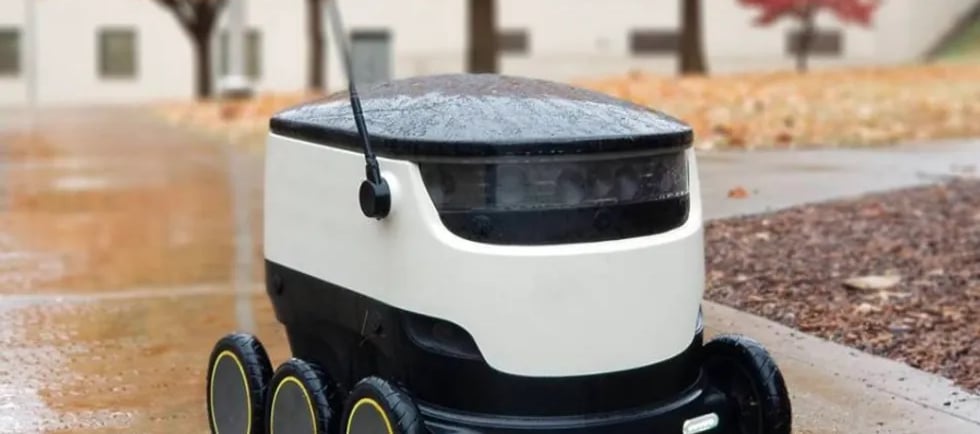Korean Positive Regulation Problems for Robotics, UAVs and AI
Blog post description.
5/13/20251 min read


South Korea's "positive regulation" approach—where only explicitly permitted activities are allowed—hinders innovation in sectors like robotics, unmanned aerial vehicles (UAVs), autonomous vehicles (AVs), and artificial intelligence (AI).
Delivery Robots: A company developing autonomous delivery robots equipped with arms capable of navigating buildings and delivering items directly to customers faces regulatory barriers. Current laws lack provisions for outdoor use of such robots, forcing the company to disable the robotic arms and limit deliveries to building lobbies
Urban Air Mobility (UAM): A startup aiming to offer passenger transport services using single-engine helicopters is stalled due to conflicting regulations between the Aviation Business Act and the Aviation Safety Act. While one regulation permits daytime visual flights without additional equipment, another mandates it, creating a regulatory impasse.
Telemedicine: Companies like Doctor Now Inc. are constrained by regulations that keep remote medical services in a perpetual pilot phase. Despite advancements in AI that could enhance remote care, the lack of clear legal frameworks prevents full-scale deployment.
In contrast, other countries are adopting more flexible, risk-based regulatory approaches to foster innovation while ensuring safety and compliance. For instance, the European Union's AI Act categorizes AI applications by risk levels, imposing stricter requirements on high-risk systems like those used in autonomous vehicles.